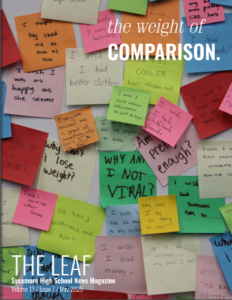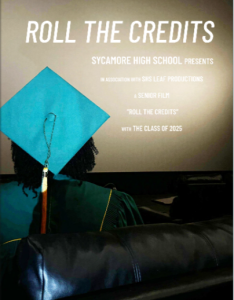Memory loss affects abilities
April 10, 2014

According to “Psychologytoday,” one in 10 students have a hard time remembering things and suffer from it. Working memory is the ability to store and manipulate information for a brief time. It is typically measured by dual-tasks.
“There’s a lot of stuff to memorize for science, math, and history classes, but as long as you prepare ahead of time it shouldn’t be that big a deal,” said Sarah Thompson, 10.
Individual differences in working memory performance are closely related to a range of academic skills such as reading, spelling, comprehension, and mathematics. There is also emerging research that working memory predicts learning outcomes independently of IQ.
“Some things are easier to remember than others, and a lot of times for school I store information in my short-term memory just for the test,” said Sneha Rajagopal, 11.
Without early intervention, working memory deficits cannot be made up over time and will continue to compromise likelihood of academic success.
Some tips on how to improve memory include:
- Get more sleep
- Play brain games
- Eat healthy
- Master a new skill
- Exercise daily
“Memory is really interesting and I think people with memory loss really suffer,” said Sam Boujram, 10.
For more information on sleepy teens, click here.






